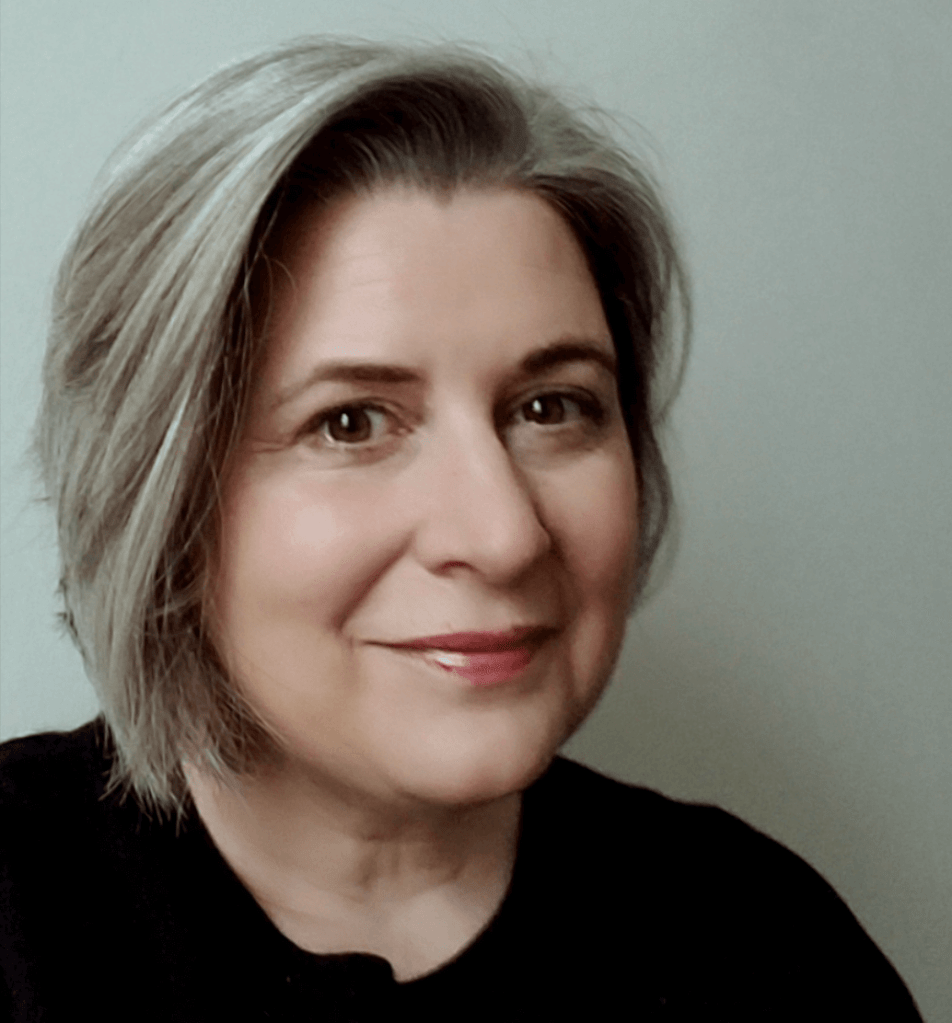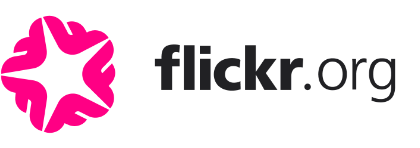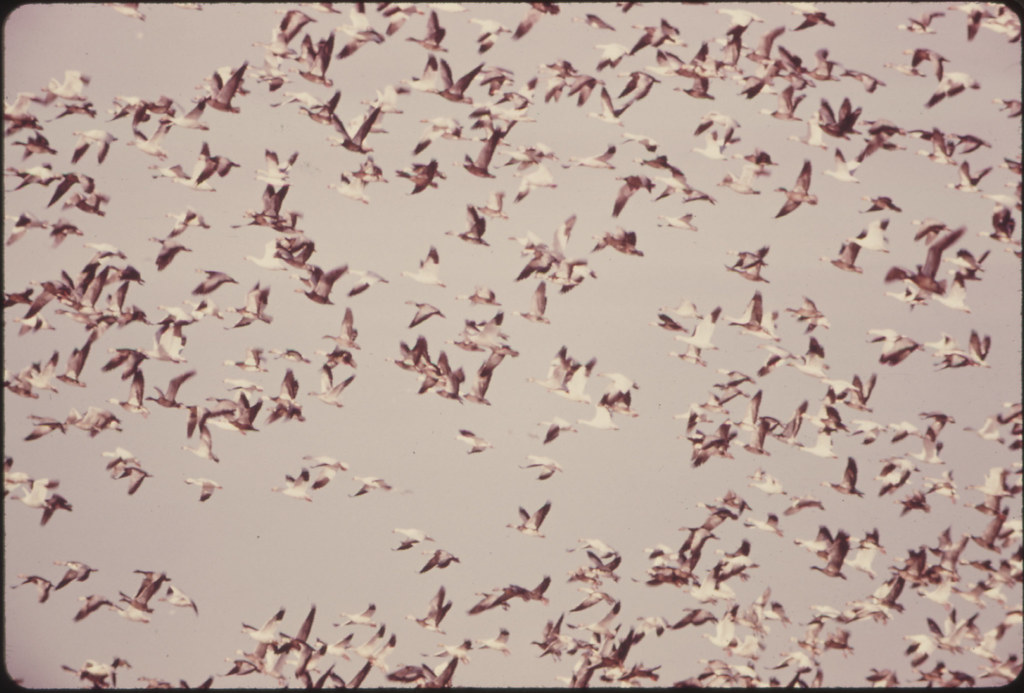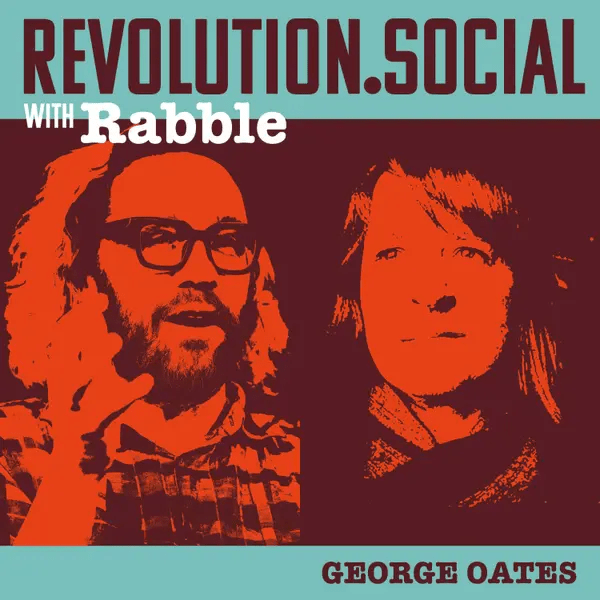
Hello, Flickr.org Community!
I’m thrilled to join the Flickr Foundation Board, and I wanted to take a moment to introduce myself and share why this work matters so much to me.
Growing up in West Virginia, I learned early that libraries aren’t just about books—they’re lifelines. They’re where communities gather, where people find their way into opportunity, and where histories get preserved. That experience provided a grounding that influenced the shape of everything that came next for me: over twenty years working with libraries, cultural heritage organizations, and digital collections at scale. Reflecting on my work, I recognize how my perceptions changed each time I worked with a new community, from my first digital collection build at the University of Richmond and connecting with others who were digitizing newspapers, to the conversations that were part of Reimagine Descriptive Workflows, which helped to address harmful practices in metadata description. My curiosity and motivations constantly grow and shift, but are grounded by the same question: How are we building communities, collections, and technologies that enable more stories to be woven into the narrative?
These days, I live at historic Fort Ritchie in Cascade, Maryland, a place undergoing its own renewal after decades of service to training military intelligence soldiers, including the famous “Ritchie Boys” of World War II. Walking these grounds daily, past buildings being restored and stories being reclaimed, is a constant reminder of why preservation matters and how easily memories can slip away if we’re not intentional about protecting them. The fort’s revival mirrors the work Flickr.org is doing: taking something precious from the past and ensuring it has a vibrant future.
Why Personal Perspectives Matter
I believe the most profound cultural heritage objects aren’t just housed in museums and institutional collections. It’s in the everyday photographs we take. The family reunions, the local protests, the small-town celebrations, the moments that feel ordinary until they become history. These personal perspectives form the connective tissue of our collective memory, especially for communities that have been historically underrepresented in traditional archives and cultural heritage collections.
I’ve spent my career working to make cultural heritage collections more accessible and inclusive. My passion was sparked when I worked at the Institute of Museum and Library Services, where I was privileged to orchestrate national level funding for foundational digital library collections, practices, technologies, and infrastructure. At the Digital Library Federation, I focused on supporting and growing the digital library practitioner community, helping it expand and become resilient. I am also grateful for the opportunity to have worked with talented and passionate individuals to envision a national digital library that would address the challenges of e-books and cultural heritage collection aggregation which eventually became the Digital Public Library of America. More recently, I’ve worked with Merrilee Proffitt and Shift Collective, exploring reparative and inclusive descriptive practices. Through it all, I’ve been driven by the conviction that geography or socio-economics shouldn’t determine whose stories get told or who has access to their own history.
What Drew Me to the Flickr Foundation
When I first learned about the Flickr Foundation’s mission, I felt that familiar pull of work that needs to be done and a community ready to do it together.
The scale of the challenge is breathtaking: tens of billions of photos and visual images representing one of the largest image collections in human history. But what really caught my attention was the ambition behind the work, not just preservation for its own sake, but preservation as an act of collective responsibility. The Foundation isn’t just thinking about safeguarding institutional collections through Flickr Commons (though that work is vital); it is also considering the broader implications of its efforts. Their wrestling with how to help individuals preserve their own histories through initiatives like the Data Lifeboat project.
That dual focus resonates deeply with me. We need both. We need the curated collections from libraries and museums, yes, but we also need the unfiltered, personal, sometimes messy visual record of our daily lives. Future generations deserve access to both the official narrative and the lived experience.
Building Infrastructure for the Long Haul
In a recent conversation about open communities and infrastructure, I talked about how we’re at a crossroads. We’re experiencing generational turnover in leadership, resources are shrinking, and our collaborative muscles have weakened. In moments like these, we have to be strategic about where we invest our energy.
That’s another reason the Flickr Foundation’s work excites me. The 100-year plan isn’t just aspirational thinking but a framework for building something that outlasts any of us. As I’ve learned through decades of community work, resilience isn’t about having all the answers. It’s about creating systems that can adapt, fostering relationships built on trust, and being honest about both our constraints and our possibilities.
The Foundation’s values around adaptation, legibility, and friendliness align beautifully with how I believe sustainable community infrastructure gets built. It’s not just preserving photos; it is modeling a new kind of cultural institution that thinks in generations, welcomes diverse voices, and gives generously back to the communities it serves.
What I Hope to Contribute
I come to this board with experience in strategic planning, community building, grant funding, and—perhaps most importantly—the art of bringing diverse stakeholders together around shared goals. I’ve seen what happens when communities lose their collaborative spaces, and I’ve seen the magic that occurs when we create room for curiosity, experimentation, and collective problem-solving.
I’m also keenly aware that this work requires us to move beyond just maintaining what exists. We need courage to make hard choices about priorities, clarity to communicate why this work matters, and creativity to imagine new ways of connecting people with their visual histories.
I believe deeply in the power of storytelling. Not just the stories contained in the images themselves, but the stories of why we preserve, how we build sustainable communities, and who benefits from this work. These origin stories anchor us in purpose and help new voices understand the values that guide us forward.
Looking Ahead
The Flickr community has already built something remarkable: a living archive where institutional collections sit alongside personal memories, where professional photographers share space with families documenting their lives, where the boundary between “important history” and “everyday moment” becomes beautifully blurred.
That’s the kind of visual commons we need—not just millions of cultural heritage photographs, but a collective reference of our humanity, accessible to anyone, anywhere. And yes, that includes rural communities, marginalized voices, and all the perspectives that traditional archives have too often overlooked.
I’m honored to join this board at such a pivotal moment, and I’m eager to work alongside all of you—the Foundation staff, board members, the incredible Flickr community, and the cultural organizations who’ve been doing this work for years. Together, we’re building infrastructure that will serve generations we’ll never meet, protecting histories that haven’t even been created yet.
Here’s to the next hundred years of keeping memory alive.
Rachel L. Frick
Flickr Foundation Board Member
HighField-Cascade, Maryland
Want to connect? You can find me on LinkedIn. I’d love to hear what brings you to Flickr and what you hope to see from the Foundation.



